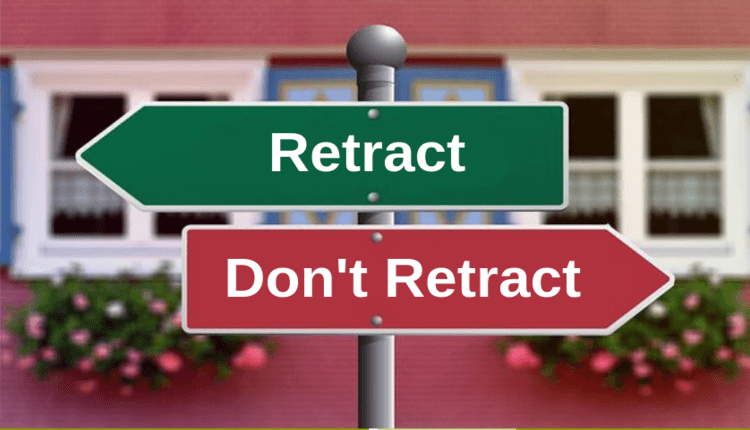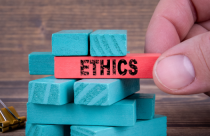Does Self-Retraction Affect a Researcher’s Career?

That sinking feeling in your stomach when you realize the cell lines you have been working on were not the ones you thought. You discovered there was a labeling error. The conclusions of your experiments, which you published in a paper, are incorrect. You realize the ramifications: you have unintentionally misled the scientific community, and other scientists will spend resources trying to repeat your experiments. Before any more damage has occurred, you self-retract your paper. This retraction tells the scientific community that the research we published is invalid. However, what is the consequence of self-retraction in your career?
Consequences of Retracting a Paper
Retracting a paper has historically been associated with academic fraud. Therefore, if you self-retract your paper, will other authors trust and cite your published work in the future? Will you be able to get future funding? Will you be able to get a job?
The good news is that the academic community tends to forgive genuine mistakes. Scientists learn from these mistakes; it also “cleans up’’ the literature, benefitting everyone. Hence, encouraging self-retraction is beneficial to the scientific community. It is the right thing to do.
Having an “author self-retracted article” on your resume will raise questions, but you can use it to your advantage. It shows that you:
- Have integrity.
- Can self-reflect and critically evaluate your work.
- Are open to anyone challenging your assumptions.
- Learn from your mistakes.
Self-Retraction is Only for Honest Mistakes
The withdrawal of published papers by authors should be encouraged for reasons mentioned above. However, could this be abused by dishonest authors as a chance to avoid allegations of misconduct for publishing fraudulent research?
Perhaps dishonest researchers could get away with this once or twice, but the research community will raise questions if an author self-retracts many papers. Either way, we accomplish the desired end-result of cleaning up the literature. Journals will no doubt have systems in place to minimize the abuse of self-retraction.
How to Self-Retract a Paper
No journal (or author) wants to retract a paper that they have published. Since mistakes do happen, journals have retraction guidelines in place. These guidelines help academic publishers maintain a certain standard of quality and ensure consistency within a field. These guidelines may differ between journals. However, the overall approach is the same. Here is what you should do:
- Inform all (if any) co-authors of the paper about the mistake.
- Write to the journal editor explaining your reason for self-retraction.
- Ask them for their self-retraction guidelines.
- In some cases, seek legal advice. The team involved in the publication of the paper, from researchers to editors decides it.
Researchers Who Have Confessed their Mistakes
There is research life after self-retraction. Nathan Georgette, for example, a Harvard Medical School student retracted the first paper he published. His honesty did not impact his career negatively.
Another researcher, Pamela Ronald from the University of California, took her self-retraction a step further. She was working on mislabelled bacterial strains; these mislabelled bacterial strains and their protein assay was unreliable. Not only did she self-retract her papers, she told the research community about her mistakes at a conference. It was the most challenging talk of her life. However, scientists at the conference congratulated her for doing the right thing.
Ultimately, trustworthy scientific literature is essential for all individuals. Rather than slandering, applaud self-retraction. From the examples listed here, it seems that the academic community appreciates it when researchers admit their mistakes and self-retract an article. Will you cite an author who has self-retracted a paper? Share your thoughts in the comments below.









